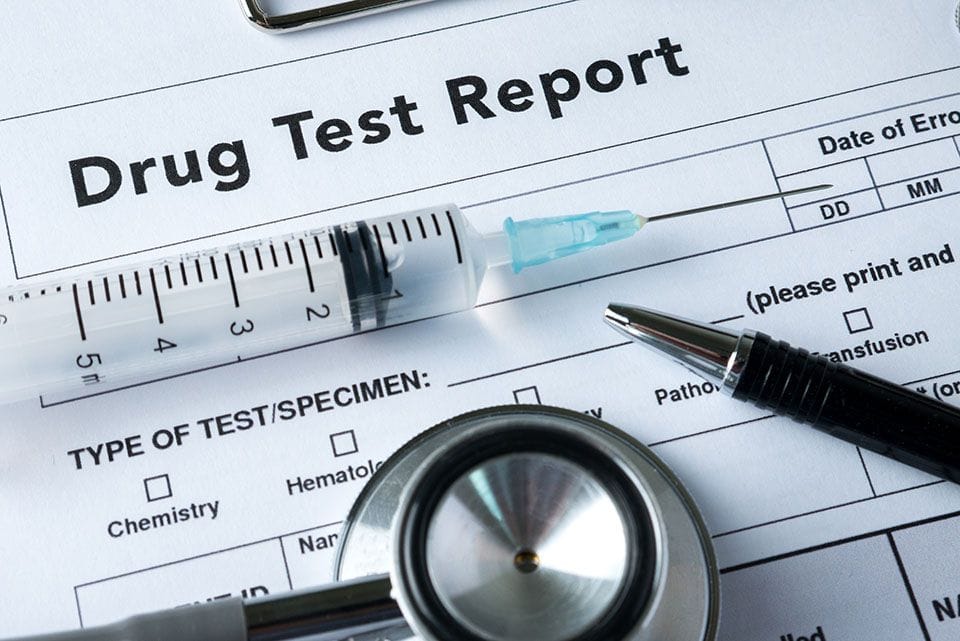A new study has uncovered a link between eating disorders and the development of adult-onset diabetes, providing evidence that impulse control issues and depression may lead to an increased likelihood of developing the condition. This is the first time such a link has been uncovered, and in addition to providing further insight into the factors leading to diabetes, it may lead to better identification of those with mental health issues who are at risk of developing it. The finding is a fairly speculative one—more evidence will be required to confirm the link and explain its mechanism—but it could be the first step toward a greater understanding of the relationship between mental health issues and diabetes.
Depression and Diabetes – An Ambiguous Connection
Existing evidence clearly shows a link between depression and diabetes, but scientists are currently unsure as to whether diabetes leads to depression or vice versa; and there is evidence that the relationship can run in both directions. For example, somebody suffering from depression may overeat to comfort herself, gain weight and therefore increase her risk for developing diabetes, and if she already suffers from diabetes, a low mood could prevent her from following a set diet plan or taking medication on time. Alternatively, the pressure of dealing with diabetes and the condition’s impact on the brain could increase the risk of depression. Both situations are plausible, and both are supported by evidence, but currently there isn’t enough data to determine the precise relationship between the two conditions. The new study aimed to add to this body of knowledge by considering whether other mental health conditions (that may co-occur with depression) were contributing to the development of diabetes or whether depression was unique in this respect. To investigate the potential link, researchers recruited over 52,000 participants and looked at the association between 16 different mental health conditions—including impulse control, substance abuse and mood disorders—and diabetes. The participants were recruited from 19 countries, including the U.S., Japan, the Netherlands, Mexico, Germany and Spain, and each was surveyed face-to-face in their homes. Out of the sample, just over 2,500 participants had diabetes (ordinarily being diagnosed at 50 years of age), according to self-reports of a physician’s diagnosis. For mental health conditions, 11.3 percent had major depression, 5.8 percent were alcohol abusers, 0.9 percent had binge eating disorder and 0.5 percent had bulimia. The researchers investigated all 16 chosen mental health conditions with respect to the risk of developing diabetes, and performed the calculations with and without adjusting for factors that could impact on the likelihood of developing diabetes, such as co-morbidity of the conditions
What They Found
When the calculations were performed without the adjustment for co-morbidity, all of the conditions (with the exception of obsessive-compulsive disorder) were significantly associated with diabetes diagnoses. However, after the researchers performed the adjustment, the only conditions significantly associated with a diabetes diagnosis were binge eating disorder, bulimia nervosa, intermittent explosive disorder and major depressive episodes (dysthymia). The association was largest for binge eating and bulimia, and smallest for depression. The finding is interpreted as supporting the notion that depression is significantly associated with diabetes, but the researchers argue that the scope of future investigations should be extended to include impulse-control disorders as well. Binge eating disorder and bulimia, for example, are both associated with issues with impulse control (with the latter involving a repeating pattern of binging and purging), and these showed the most significant association.
Limitations of the Research
However, the findings aren’t ideal; although there is a large sample size, the researchers did have to rely on a couple of potentially flawed methods for determining both diabetes status and mental health issues. The self-reporting of a diabetes diagnosis may be incorrect (a misremembered date could put the diagnosis before the mental health condition when it actually came afterward, for example), and more notably, the researchers’ estimates of when mental health issues began may not be entirely reliable because of their retrospective nature. In addition, the research wasn’t able to differentiate between type 1 and type 2 diabetes.
Conclusion
Despite some limitations, the huge sample size in the study lends authoritative weight to the relationship detected, and helps mental health care providers and physicians understand the potential links between the conditions they treat. More evidence is needed to explain why there is a link between depression, diabetes and impulse-control disorders, and this study should encourage other researchers to try to establish a mechanism of action. For now, those struggling with eating disorders or depression should be aware of the risk and on the lookout for any symptoms of diabetes, and as always, working to stay in control of the condition as much as possible.



